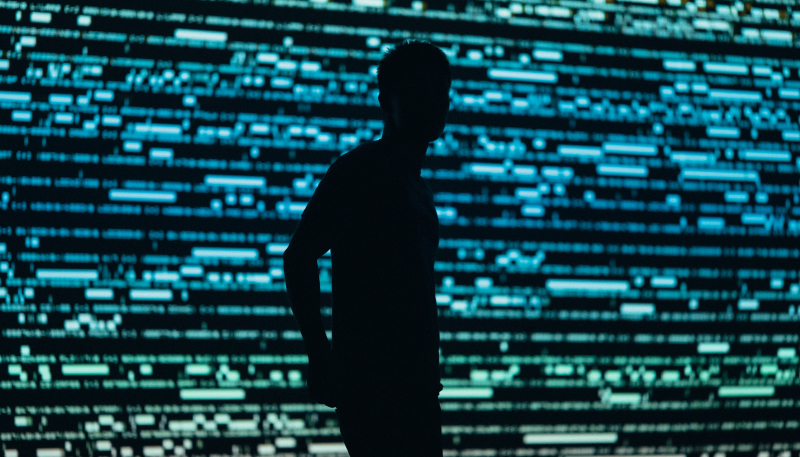CIA director William Burns says traditional spying is tougher these days, thanks to smartphones and other technology. Burns says it is particularly difficult for a spy to establish a false identity in other countries.
The WSJ reports.
A trained CIA case officer could once cross borders with a wallet full of aliases or confidently travel through foreign cities undetected to meet agents. Now, he or she faces digital obstacles that are the hallmarks of modern life: omnipresent surveillance cameras and biometric border controls, not to mention smartphones, watches and automobiles that constantly ping out their location. Then there is “digital dust,” the personal record almost everyone leaves across the internet
[…]
“The foundational elements of espionage, I argue, have been shattered—they have already been broken,” said Duyane Norman, a former CIA station chief who led an early agency effort to adapt spying for the digital age, called “Station of the Future.”
As an example, he asks, how can a CIA officer purport to work for another government agency or private enterprise if his cellphone isn’t regularly present at that entity’s location, there is no record of him making ATM withdrawals or paying for lunch with a credit card in the vicinity, and no sign of him on video cameras there?
Having no electronic “signature”—as in not carrying a cellphone and having no presence on the internet—is itself a tipoff to adversary spy services, Mr. Norman and others said
[…]
In the new environment, it is “much more complicated to conduct traditional tradecraft,” CIA Director William Burns acknowledged during his February confirmation hearing.
If CIA spies will be forced to essentially live a person’s life if that they wish to impersonate someone else, said one former spy.
“It’s more difficult for intelligence officers to masquerade under alias,” said a retired Western intelligence officer who estimated he had nine false identities during his career, and credit cards for each.
More spying will be done in “true name,” meaning the spy won’t pose as someone else, but “live their cover” as a businessperson, academic or other professional with no obvious connection to the U.S. government.
However, Burns and other experts say that the CIA will adapt.
“Most technological challenges are surmountable,” the senior CIA official said. “We play great offense, and aren’t sitting around in a defensive crouch”
[…]
For example, it is possible to “spoof” a cellphone’s location, misleading foreign spycatchers to think their quarry is in one place, when he is safely in another, current and former CIA officials said.
(Photo by Chris Yang on Unsplash)


